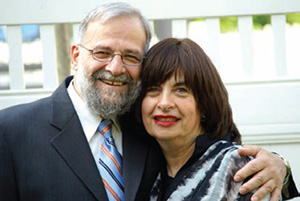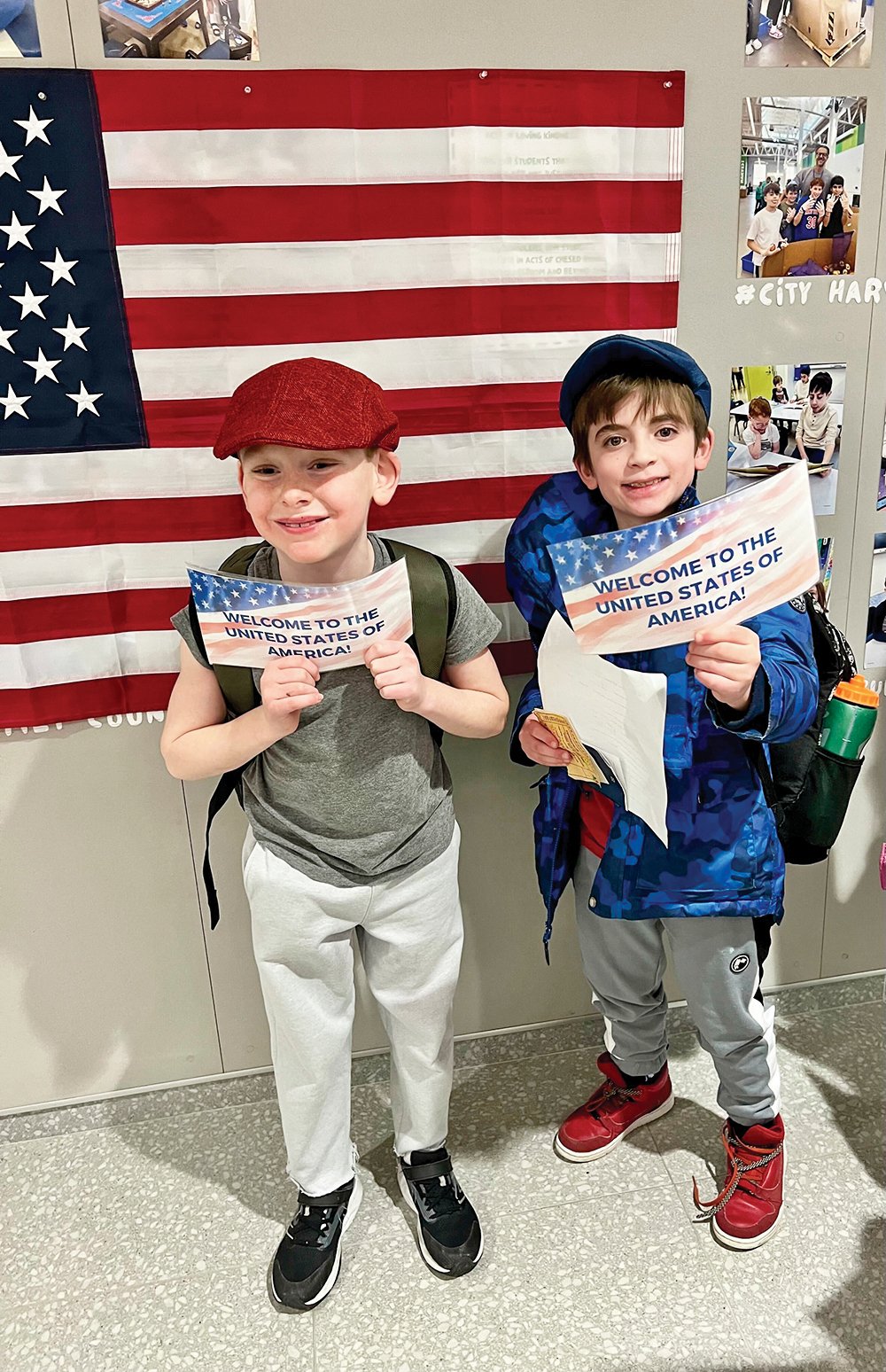
Are we the only ones who wonder, when invited to a wedding where there are hundreds of people in attendance, how one family can have so many friends? What exactly warrants an invitation to such a simcha? “He sits two rows in front of me in shul and I would not want to insult him.” “She and I grew up in the same neighborhood as kids and now that they moved into our area I feel that it is necessary for me to include them.” The bride and groom likely know about one-third (if that) of the people their parents invited. The people who are invited with distant connections to the people making the simcha are privately annoyed that they need to drive all the way to Lakewood or the Five Towns to partake in a simcha where they know that they will only stay for the “shmorg” (as we say in New Jersey).
We have a different perspective on friendship and the bonds that are forged by it. There are certain times in life when you are able to establish close relationships that stick with you forever, whether you live on the same street or you live thousands of miles away from each other. Those of us who spent the early years of our marriages at YU shared many similar experiences. Our husbands were learning together in the YU beit midrash and attending graduate school at the same time that their wives spent their days walking their babies up and down Amsterdam Avenue. There was no competition, no jealousy and so much camaraderie among us.
True, some received bedroom sets as wedding gifts from their parents while others got them on their own. Many moonlighted during the summers in boy scout camps, regular camps or however they could in order to put a few dollars together. We remember spending several Yomim Noraim in small towns where Mordechai would officiate as the rabbi in order to make a few dollars. One year, after Yom Kippur in a small egg farmers’ community in New Jersey, where the minyan took place in a senior housing development, the women who spent the entire afternoon during davening preparing the “after-fast meal,” ready for the minute they heard the shofar blown, could not understand why we did not run to eat. It was hard for us to explain that it was not kosher enough for us to take part in. The coffee, though, did taste golden.
Even though in many cases we rarely saw our friends from our YU days when we were in Montreal, we knew that they were our chaverim, our friends for life. We could meet on the street after 20 years and reminisce about experiences or where we were presently in life, knowing that the people we were speaking with understand us.
All of this introduction is for us to share our elation when each of our children would spend their year in Israel and visit frequently throughout the year with our “old friends” who had made aliyah (many from our YU days). This past Shabbat our granddaughter Shira Hagler, who is spending her second year at MMY in Yerushalayim, was excited to tell us that she would be spending Shabbat with our close friends from what seems like 100 years ago—Stuie and Anita Tucker. Many of you may know who Anita is, as she was the official spokesperson for the people living in Netzer Hazani when they were thrown out of their homes. Stuie was Mordechai’s chavruta at YU. We remember the days when we visited Netzer Hazani and the Tuckers proudly took us through their greenhouses and showed us the baby’s breath they were growing for export. We also remember the miracle of chrysanthemums growing in the sand of the Israeli desert.
Our girls loved going to visit the Tuckers, where they would take rides on the sand dunes. Presently the next generation of our family is visiting with them in the new Netzer Hazani situated in the Nahal Sorek Council near Yesodot in Central Israel. As Shira explained to us, many families from Netzer Hazani have relocated to this new area. What greater pleasure could we as grandparents have than to know that our grandchildren are able to visit our friends from the past? These are friends who will be friends forever. When the Tuckers moved to Israel they originally moved to Beersheva. They began to feel after several years of living there that Beersheva was becoming too big and they no longer felt like chalutzim. They picked up their roots and moved to Netzer Hazani, where they were originally the only English-speaking family. At one point Stuie even became the mayor of the community. Now, many years later, their ideals remain steadfast in their love for Eretz Yisrael.
These are the type of friends that we would love for all of our grandchildren to be exposed to. People living simple, hard-working lives. People they could meet after so many years and the conversation would easily carry on as if there was never a pause. Those are real friends and keepers!
By Rabbi Mordechai and Nina Glick













